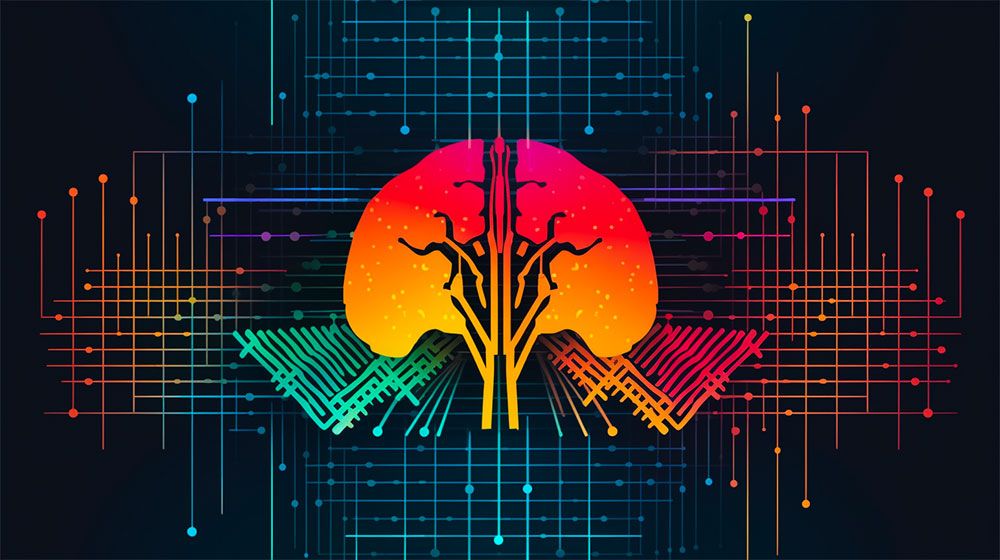In the era of rapid technological advancements, Artificial Intelligence (AI) has emerged as a force to be reckoned with, poised to revolutionize various industries. From creative endeavors to mundane tasks, the impact of AI is expected to be significant. As we delve into the discussion about the next industries set to be disrupted by AI, let’s explore the potential shifts and the opportunities they bring.
The Disruption of Creatives Industry
The Power of Generative AI
AI’s generative capabilities have transformed the creative landscape, enabling the creation of original content with minimal human intervention. Whether it’s generating unique images, composing music, or crafting captivating narratives, AI’s proficiency in these areas is increasingly impressive.
According to Yannic Kilcher, a renowned developer and YouTuber specializing in AI and machine learning, these AI systems can now comprehend complex instructions, producing nuanced and artful outputs. This advancement is particularly evident in fields like illustration, where AI-generated imagery has redefined the creative process.
Integration of AI in Creative Tools
The integration of AI into everyday tools has further amplified its impact. From aiding in PowerPoint presentations to enhancing the writing process in Microsoft Word, AI-driven plugins are reshaping the way we approach creative tasks. The potential for AI to assist in scriptwriting for future films, potentially creating interactive and personalized content, is also a fascinating prospect.
The Evolution of Driving Industry
The Ongoing Transition to Self-Driving Vehicles
Despite years of anticipation, the complete transition to self-driving vehicles has been slower than expected. Yannic Kilcher highlights that advancements in self-driving technology have predominantly been in controlled environments, and achieving full autonomy in complex real-world scenarios remains a challenge.
While the gradual implementation of AI in long-haul trucking seems inevitable, there is an acknowledgment that human drivers will still be vital, especially in managing intricate routes that are currently beyond the capabilities of AI. The gradual shift toward autonomous driving will likely create new opportunities for skilled human drivers.
The Transformation of Data Entry Industry
Leveraging AI for Complex Data Processing
The domain of data entry, often underestimated in its complexity, has become a prime target for AI-driven solutions. Yannic Kilcher emphasizes the difficulty computers face in comprehending and structuring real-world data, such as receipts and border declarations. However, recent advancements in machine learning have made it possible to automate significant portions of data entry tasks.
The integration of AI in data entry processes is not about replacing humans but rather augmenting their capabilities. The role of humans is shifting toward overseeing and verifying the accuracy of AI-generated data, ensuring a seamless synergy between human expertise and AI efficiency.
The Promise of AI and its Societal Impact
In contemplating the future of AI, there are ongoing discussions about its potential implications for society. Yannic Kilcher remains optimistic about the positive impact of AI, believing that technology can ultimately enhance human welfare. While acknowledging potential challenges, the consensus remains that humans will likely find ways to adapt and leverage AI to create a more efficient and productive future.
In the wake of these transformations, it is crucial to embrace the opportunities presented by AI while fostering an environment that encourages ethical and responsible AI integration.

